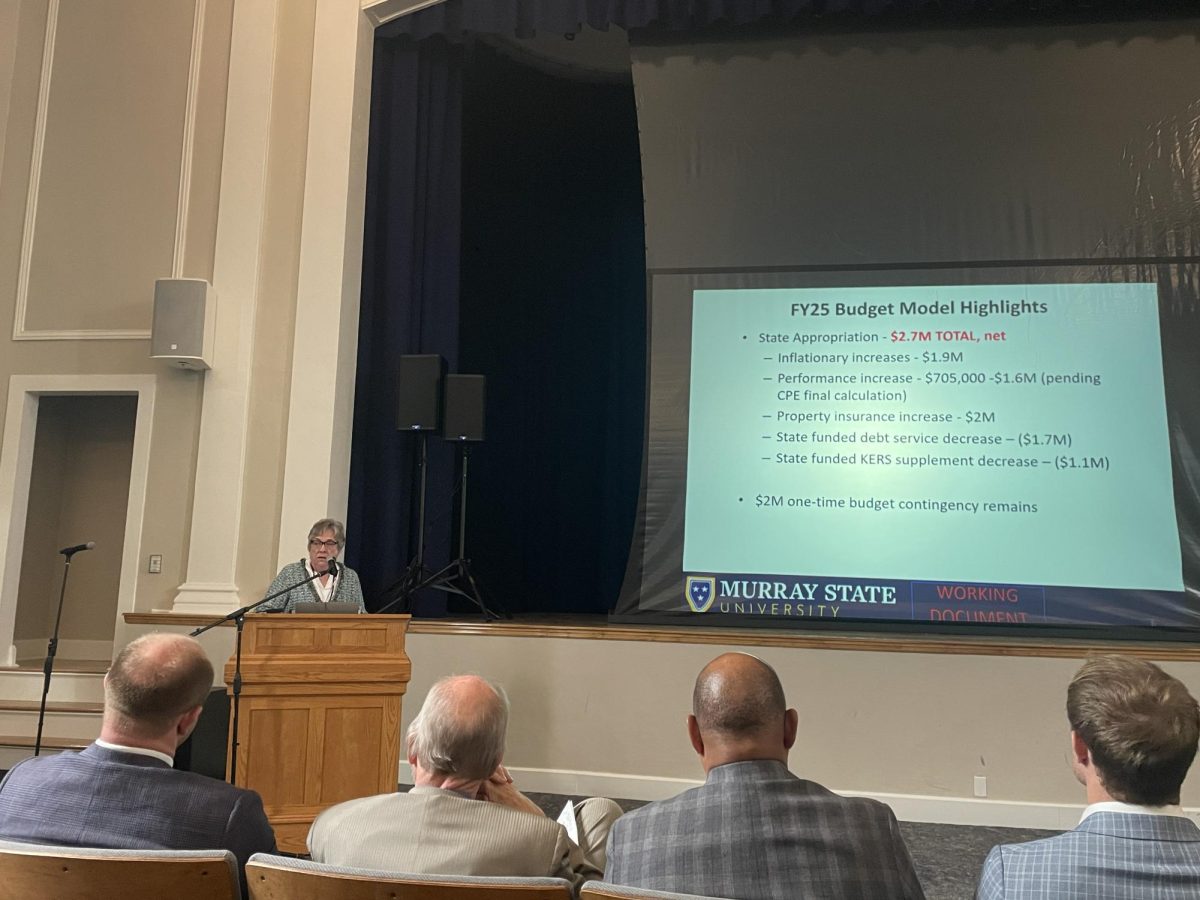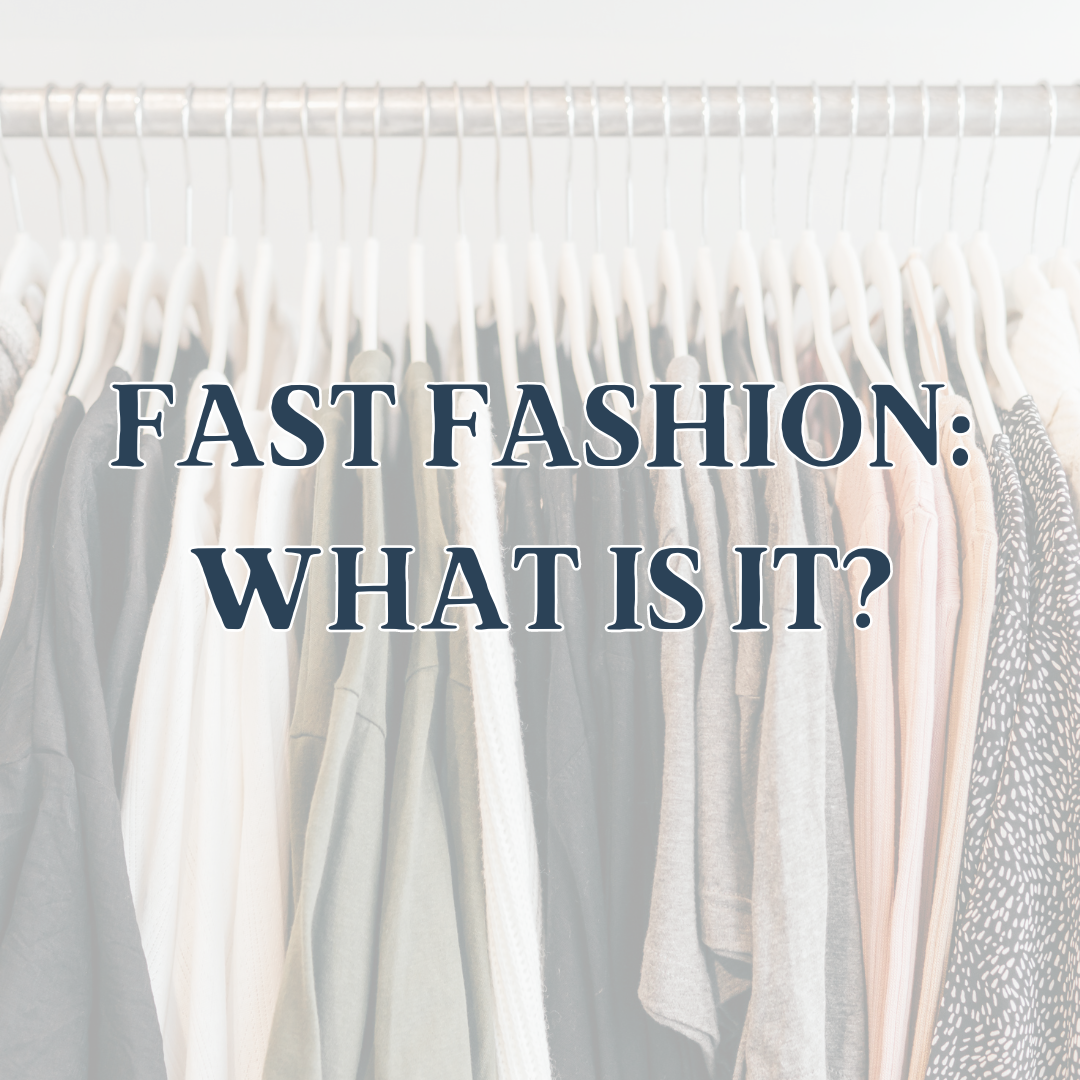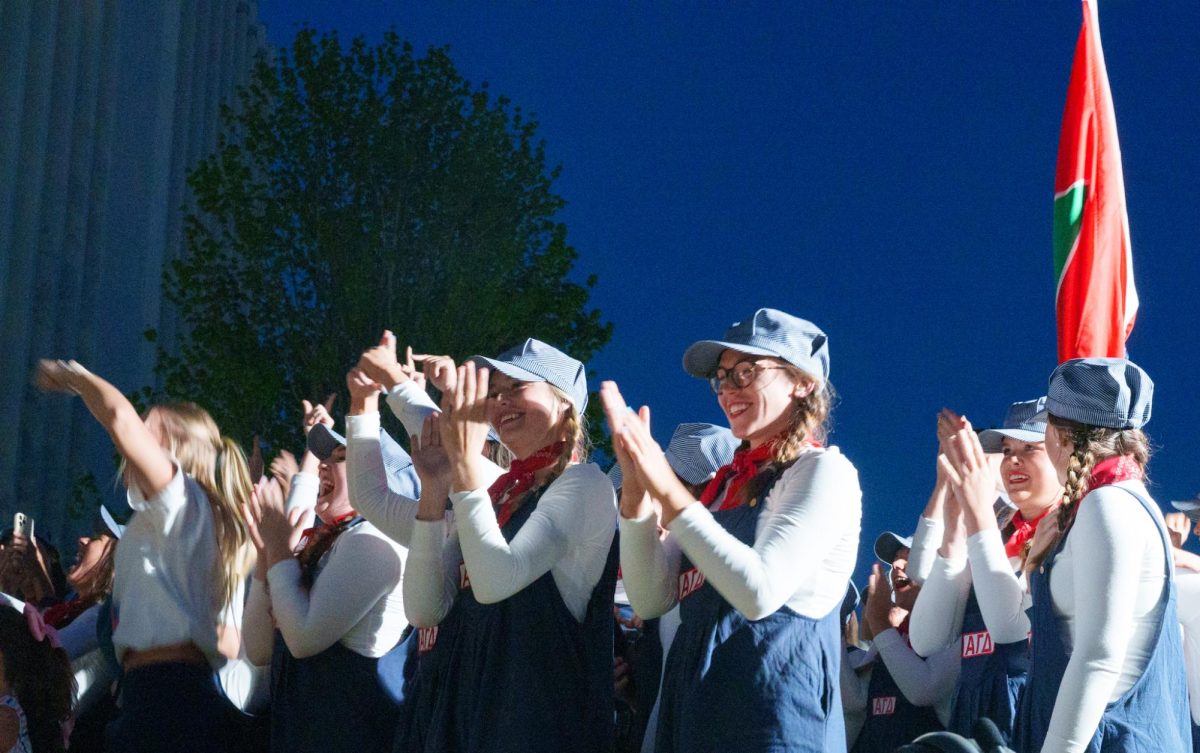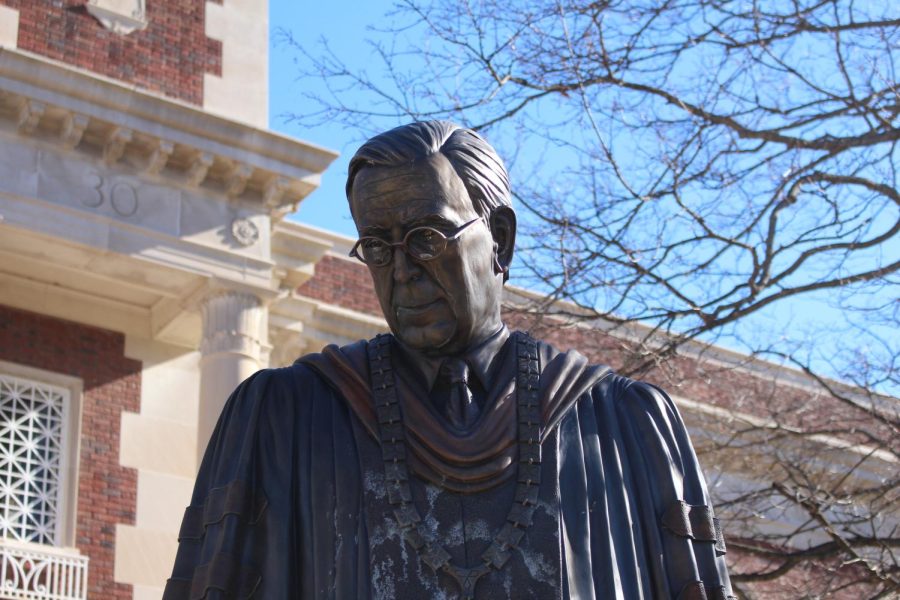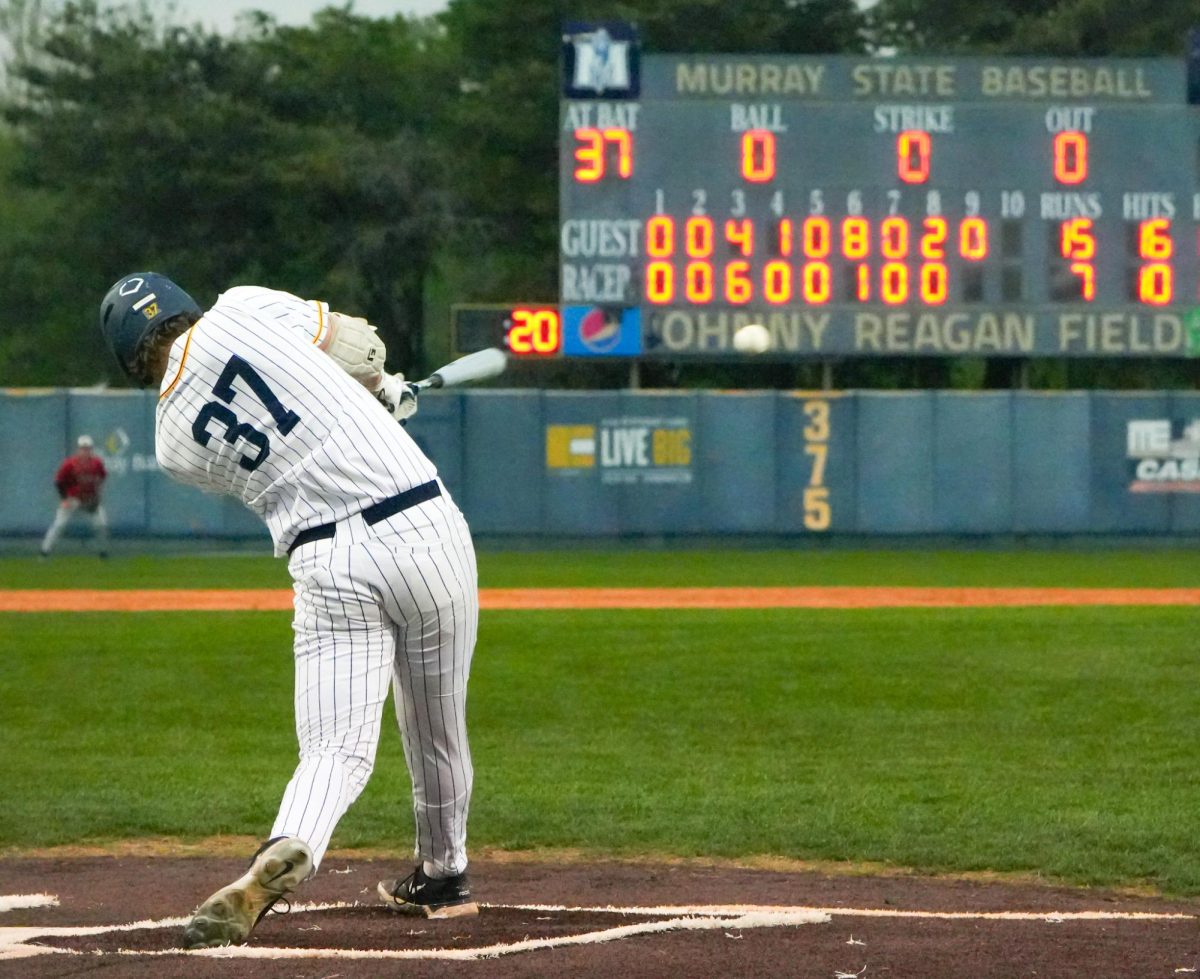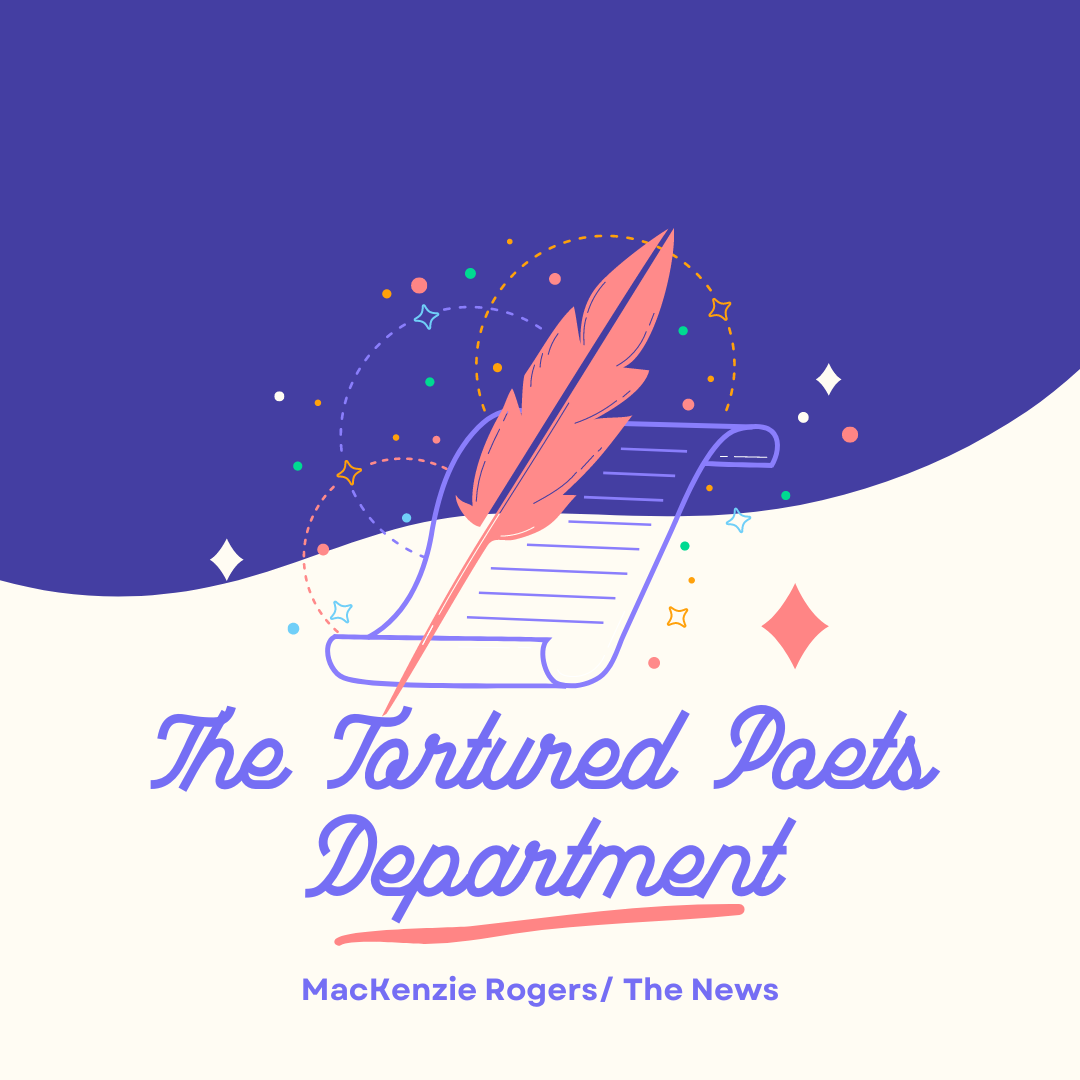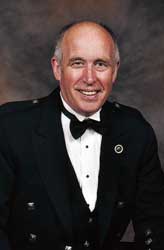Written by Bob Valentine, contributing writer
The nation seems to be outraged over the attempts by Russians to plant false news about candidates on social media, thus influencing the outcomes in American elections.
Who needs Russians when we have political parties?
While we are spending millions of dollars on investigations and eroding what little diplomatic leverage we may have with Russia, we seem to forget that Russians aren’t the only people with access to the Internet. American election campaigns have never involved the practice of high-minded truths except by accident. The American voter has always been charged with having to sort out lies and half-truths and usually casts his or her vote while holding his or her metaphorical nose against the stink of the party-generated propaganda and innuendo.
In the election of 1828, war hero Andrew Jackson was pitted against diplomat John Quincy Adams, son of former President John Adams. Anti-Jackson editorialists (not a Russian among them) charged that Jackson had run away with another man’s wife and characterized his wife Rachel Jackson as a “woman of easy virtue.”
Former President John Quincy Adams was portrayed in the pro-Jackson press as a “procurer” whose diplomatic success lay in his practice of providing young women for the pleasure of foreign diplomats. The billiard table installed in the White House at his own expense led to claims of gambling in the White House, thus morally debasing that bastion of democracy. Again, no Russians were involved.
But that was nothing in comparison to the campaign of 1860 and the entire presidency of Abraham Lincoln. Mark Bowden wrote in The Atlantic that “bile poured on [Lincoln] from every quarter making today’s Internet vitriol seem dainty. His ancestry was routinely impugned, his lack of formal learning ridiculed, his appearance maligned, and his morality assailed.” In 1864, suffragette Susan B. Anthony publicly claimed that if he “is reelected I shall immediately leave the country for the Fijee Islands.”
A Pennsylvania newspaper said of the Gettysburg Address, now a standard of oratorical excellence: “We pass over the silly remarks of the President. For the credit of the nation we are willing that the veil of oblivion shall be dropped over them, and they shall be no more repeated or thought of.”
Lincoln couldn’t catch a break from fake news, and he hardly knew any Russians. From former President George Washington to President Donald Trump, no person or family has ever escaped the torrent of fake news that comes when political passion is combined with access to public media. There is no record of an opportunity being missed.
The problem is not fake news. The problem is that we have developed a society where news is poorly edited and consumed without the slightest critical analysis of what is being spread. As the cartoon character Pogo put in the last century, “We has met the enemy and he is us.”
If people commenting on a cooking blog will call each other vile names over the question of how long hard-cooked eggs should stay in boiling water, imagine what they will do over matters involving taxes and national security. Without respect for personal decency and reason, there is no limit.
Get ready to hear how “John X voted against our children,” because he did not vote for a tax bill with an education rider attached. Prepare for “Fred Y is against our senior citizens” pitched to you on equally shaky grounds. “I approve this message” is no excuse for distorting the truth.
Candidates descend to this level because they—Democrat, Republican, Communist, Tea Party, left or right—believe you are stupid enough to be influenced by lies, distortions, half-truths and prejudices without pausing for a moment to consider the likelihood of the truth.
Only you and I can prove them wrong. Before you vote, think. And, if you’re able to vote—for the sake of truth—register.



